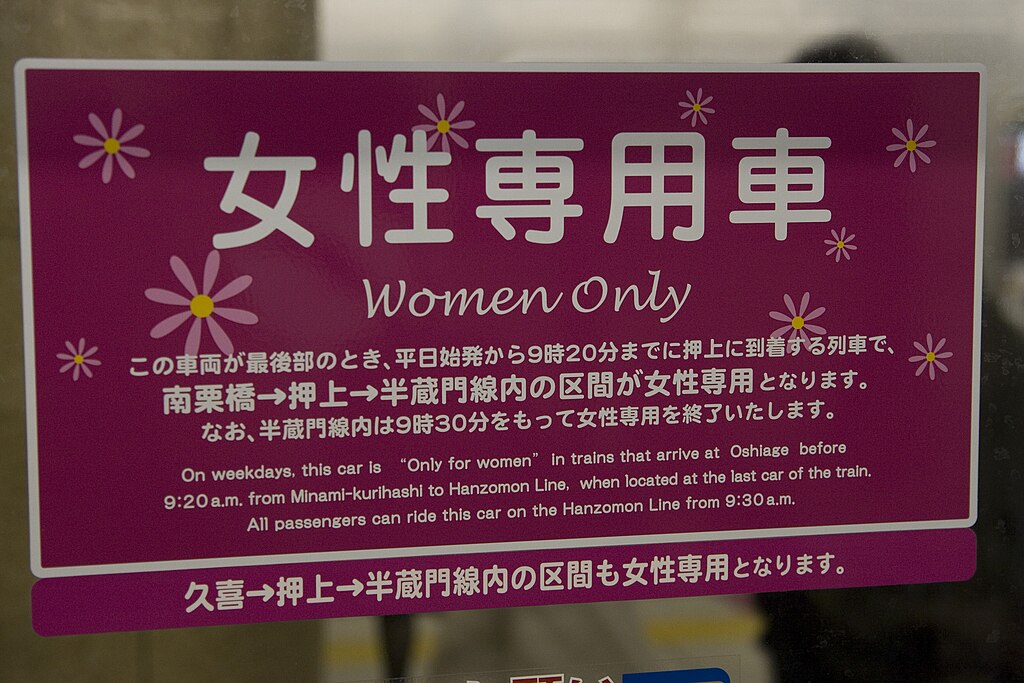Daily reality
For many women in Japan, groping on trains is not an occasional risk but a daily concern. Posters warn against it, station staff patrol platforms, and women-only cars exist during rush hours. Yet reports of molestation continue, often underreported and under-discussed.
The scale of the problem
Police data show thousands of reported cases every year, but surveys suggest most victims never come forward. Fear of embarrassment, skepticism about being believed, or the burden of going through the justice system keep many silent. The true scale is far larger than the statistics suggest.
Cultural and social factors
Japanese society places a premium on harmony. Confrontation, especially in public, is avoided. Victims often feel pressure not to disturb others, even in situations where they are being assaulted. Traditional gender roles reinforce this silence, making it easier for offenders to exploit crowded trains without consequence.
Legal and system response
Japan does have laws against chikan, with penalties that include prison time and fines. Still, conviction rates remain low, and the process is stressful for victims. Women-only cars, introduced as a partial solution, offer temporary relief but also highlight the failure to stop offenders from boarding regular cars.
Failures and blind spots
Victims who come forward face hurdles. They may be blamed for how they dressed, or doubted because of a lack of witnesses. Even when arrests are made, cases often collapse without clear evidence. This leaves perpetrators emboldened and women discouraged from reporting.
Recent developments

Security cameras, smartphone reporting tools, and undercover police operations have been introduced in recent years. They offer some progress, but their effectiveness is still debated. Meanwhile, women-only cars remain controversial—seen by some as protection, and by others as segregation that avoids addressing root causes.
Reflection
Why does such behavior remain so entrenched despite decades of awareness? It raises questions about how Japan handles gender equality, safety in public spaces, and accountability for crime. Until those deeper issues are addressed, chikan will remain a stain on Japan’s crowded trains.






Speak Your Mind